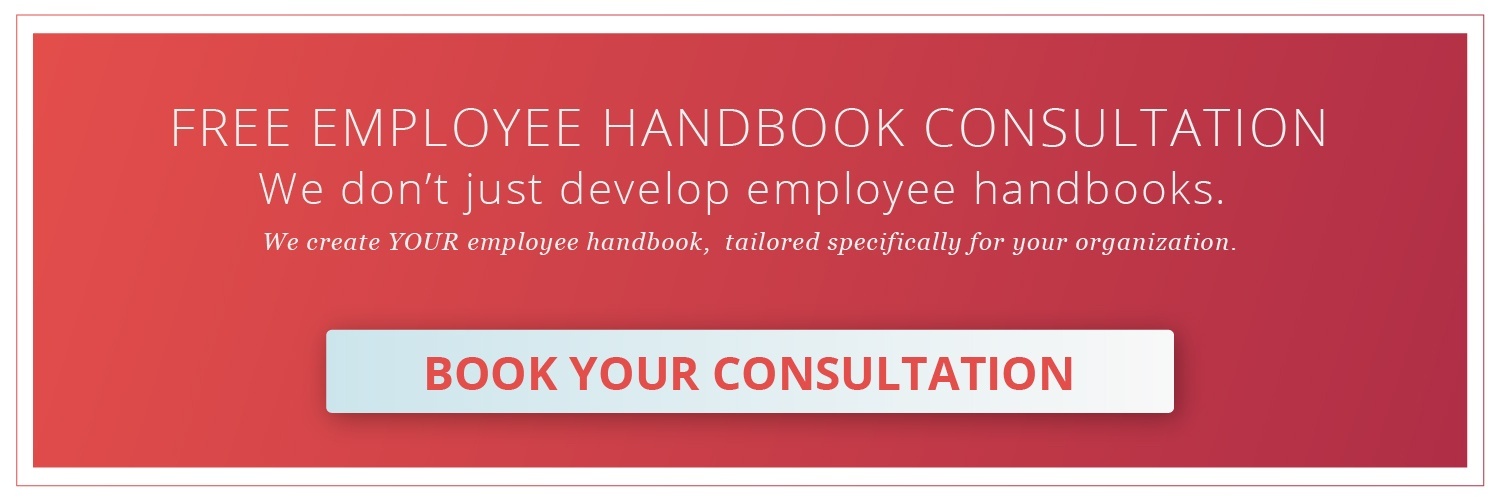What employees did at work was once mostly work-related. Today, the Internet and social media can blur the lines between private information and work.

A recent employee lawsuit serves to highlight this "blurring" of privacy rights boundaries for employers and their workers. While employers certainly have a right to determine what activities are permitted in their workplace, employees also have rights to privacy. The problems arise when employers are alleged to have violated those privacy rights when enforcing company policy.
In a recent employee lawsuit in Pennsylvania, Frankhouser v Clearfield County, et al, a federal district court denied part of the employer's motion to dismiss and allowed the Plaintiff's claim for violations of Fourth Amendment rights among others, to move forward. In addition, the Plaintiff was allowed to pursued her state law claim for invasion of privacy.
In this case, the plaintiff was authorized by her employer to use her personal Dropbox account on her work computer as part of her job. However, another employee accessed her private account and found personal photographs, which were forwarded to the Plaintiff's supervisors. She was then accused of storing explicit photographs and other inappropriate pictures on her work-issued computer and cellphone in violation of company policy.
Later that month, the Plaintiff was informed that she would be forced to resign. Her lawsuit followed as a result.
Walking the Line of Policy and Privacy
Closely associated with the concept of privacy is the constitutional prohibition against unlawful search as proscribed in the Fourth Amendment.
An article from the law firm Mintz explains,
"The Fourth Amendment prohibits unreasonable searches and seizures in situations in which a person has a constitutionally protected reasonable expectation of privacy. To make this determination, a court must consider whether an individual has demonstrated a subjective expectation of privacy in the challenged search. Although often associated with criminal cases, the Fourth Amendment's protections apply when the government acts in its capacity as an employer. Specifically, in the workplace context it has been held that public employees are entitled to a reasonable expectation of privacy in their place of work."
This has significant importance for all employers as their workers may routinely make use of private accounts to cloud-based applications and software, which stores data and information "in the cloud" as opposed to on a physical device at work.
All employees have a right to privacy, however, public employees tend to have broader expectations of this right. All employers, as well, have a right to establish and enforce reasonable policies and procedures, some of which may be construed as limiting or even infringing on privacy rights.
Such policies commonly include an employer's right to monitor employees' emails and other online activities while using their employer's systems. However, should be cautious when considering accessing and searching an employee's private or personal accounts at work. These activities should be limited to management-level employee's and only for legitimate reasons.
Employers should draft and implement use policies that minimize or eliminate any use of private accounts or applications on work computers. At the very least, these circumstances should be limited and monitored. The use of various cloud-based applications, tools and programs at work can create policy issues for employers since it is common for both private and work material to be stored there.
California Employers and Employee Privacy Rights
The privacy rights of employees in California run the gamut of medical information, social security numbers, background tests and drug testing. All of these areas present both challenges and potential legal landmines for employers.
In particular for this article, there is also the aspect of workplace monitoring. According to an article at the SHRM website,
"California employers should exercise care in connection with workplace monitoring, such as video surveillance, e-mail monitoring, and listening to employee telephone conversations.... "Where employers have legitimate business purposes for such monitoring, it is a best practice to disclose the monitoring to employees in a handbook, memo, sign or by other means."
... "[M]onitoring" and "recording" are not the same thing. In California, no one should be recorded without consent, so it's not enough for a notice to state, "This call may be monitored for quality assurance purposes." If the call might also be recorded, the notice needs to say so.
Likewise, a convenience store camera may be placed in an obvious position to put employees on notice of the surveillance, but if the system records sound in addition to video, the employer needs to notify workers and obtain consent..."
The article concludes by noting that the biggest issue for employers to be aware of is that any time they're dealing with an employee's private information, notice and consent are likely required. In addition, all employers are encouraged to consult legal counsel in regards to workplace privacy rights and practices.
HR Management Best Practices and California Labor Law
As a business owner, or HR or payroll manager, you have a number of options for your payroll functions. Software that can be installed in-house, or cloud-based programs offer a good alternative.
But if you really want to take full advantage of the benefits available to you, outsourcing to a provider like Accuchex can still be the best decision.
If you are considering outsourcing payroll, download our free resource, the Payroll Outsourcing Guide, to help you make an informed decision. Or call Accuchex Payroll Management Services at 877-422-2824.





